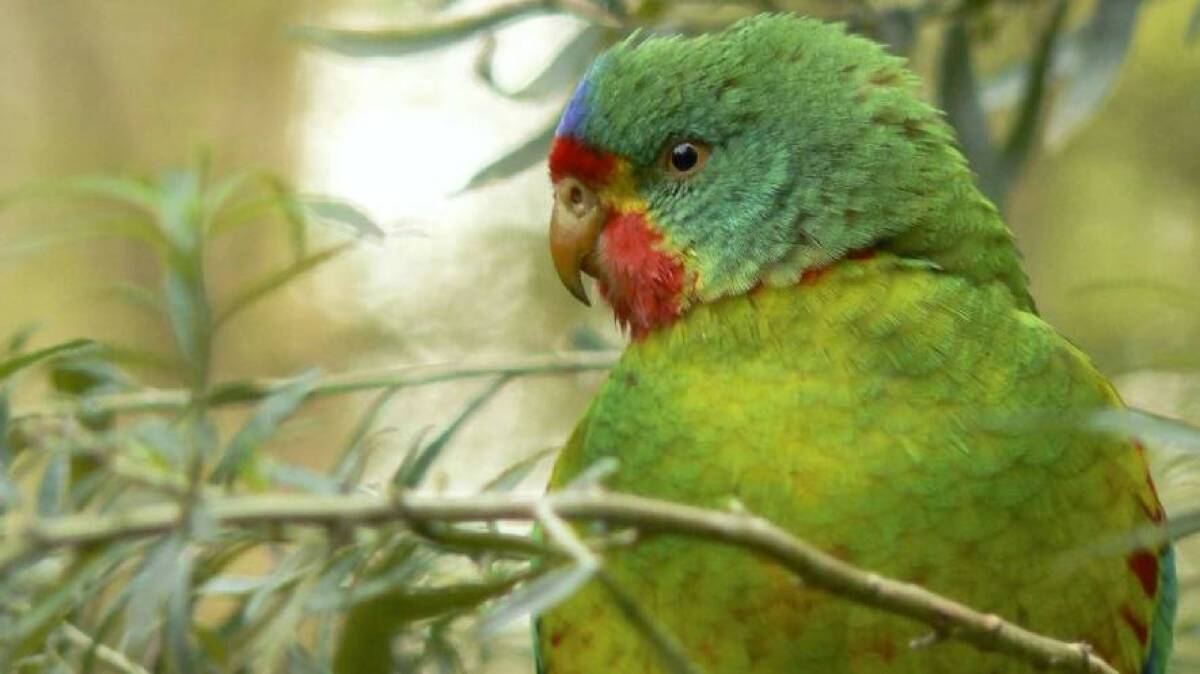
After Sustainable Timber Tasmania agreed to postpone logging in the Eastern Tiers area while awaiting results of a federal court challenge by the Bob Brown Foundation, the industry's peak body has cautioned against the misinterpretation of the moratorium.
Subscribe now for unlimited access.
$0/
(min cost $0)
or signup to continue reading
Tasmanian Forest Products Association chief executive Nick Steel said it was wrong for anybody to call the agreement "a win".
"This is simply a case of STT voluntarily agreeing to a further moratorium in order to avoid costly court action for all parties, pending the outcome of the Federal Court case which we all hope will be sooner rather than later," Mr Steel said.
"Anyone trying to claim this as some sort of win is completely wrong, and is engaging in deceptive spin."
IN OTHER NEWS:
Mr Steel said there were numerous causes of decline for the swift parrot population.
"The causes of decline in swift parrot populations are complex and include nest predation by sugar gliders, collision mortality, competition from other bird species, climate variability and change, and illegal wildlife capture and trading, as well as habitat loss," Mr Steel said.
"Research has highlighted the significant impact of predation by sugar gliders.
"If current trends continue in the increasing sugar glider predation rates, a catastrophic decline in the swift parrot population has been predicted."
Bob Brown Foundation founder Bob Brown said logging of forests was environmentally destructive.
The difference between our foundation and them is we're wanting swift parrots and they're wanting swift profits.
- Bob Brown
"I'm touched that Mr Steel would say that at least part of the reason for coming to an agreement on our request was to save on court expenses.
"If they didn't log these forests in the Eastern Tiers, that would save them court expenses."
Dr. Brown disputed the claim that the sugar glider was having a significant impact on the swift parrot's numbers.
"It's an additional problem, but the primary problem for any species is loss of habitat," Dr. Brown said.
"The TFPA has advocated and supported for logging, and is supporting the destruction of the habitat of not only the swift parrot in this wider sense, but a whole range of other species in Tasmania."
Dr. Brown said his foundation expected the federal court decision within weeks.
"It's not about who wins or loses in court for us, it's that the swift parrot survives because we had the wisdom to make it happen," he said.
What do you think? Send us a letter to the editor:


